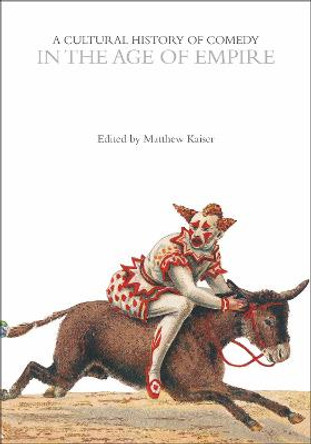Comedy and humor flourished in manifold forms in the Middle Ages. This volume, covering the period from 1000 to 1400 CE, examines the themes, practice, and effects of medieval comedy, from the caustic morality of principled satire to the exuberant improprieties of many wildly popular tales of sex and trickery. The analysis includes the most influential authors of the age, such as Chaucer, Boccaccio, Juan Ruiz, and Hrothswitha of Gandersheim, as well as lesser-known works and genres, such as songs of insult, nonsense-texts, satirical church paintings, topical jokes, and obscene pilgrim badges. The analysis touches on most of the literatures of medieval Europe, including a discussion of the formal attitudes toward humor in Christian, Jewish, and Islamic traditions. The volume demonstrates the many ways in which medieval humor could be playful, casual, sophisticated, important, subversive, and even dangerous. Each chapter takes a different theme as its focus: form, theory, praxis, identities, the body, politics and power, laughter, and ethics.
A comprehensive overview of comedy in the physical, social and cultural contexts of the Middle Ages.About the AuthorMartha Bayless is Professor of Medieval Studies and director of the Folklore and Public Culture Program at the University of Oregon, USA.
Book InformationISBN 9781350000728
Author Martha BaylessFormat Hardback
Page Count 232
Imprint Bloomsbury AcademicPublisher Bloomsbury Publishing PLC
Series The Cultural Histories SeriesWeight(grams) 1000g















